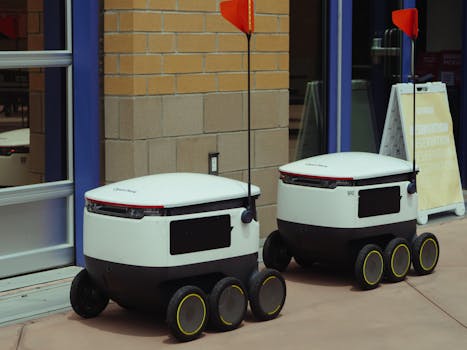
Introduction to Future Transportation
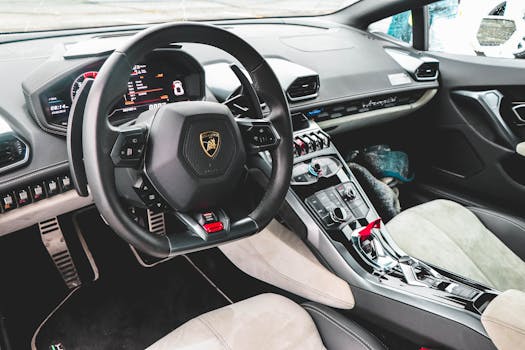
The transportation sector has been evolving at a breathtaking pace, and as we look ahead to 2025, it’s clear that groundbreaking technological advancements are set to revolutionize how we get from point A to point B. With sustainability and efficiency taking center stage, let’s explore some of the most innovative tech gadgets that will shape our future commutes.
1. Autonomous Vehicles: The New Era of Driving

Autonomous vehicles have long been touted as the future of getting around, and by 2025, we expect to see widespread utilization of fully self-driving cars. Equipped with advanced AI and live data feeds, these vehicles will seamlessly navigate through densely populated urban areas as well as highway traffic without human intervention. This technology promises to improve road safety, reduce traffic congestions, and create new opportunities for ride-sharing services.
2. Electric Micro-Mobility Solutions
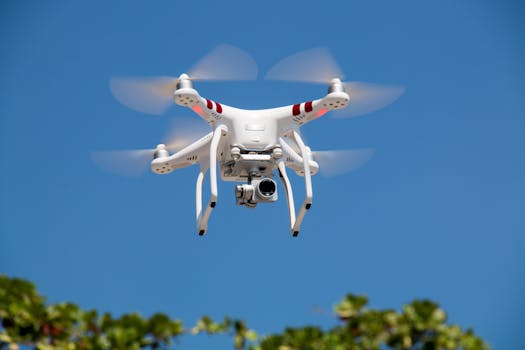
As urban areas continue to become overcrowded, electric micro-mobility devices like e-scooters, e-bikes, and hoverboards have emerged as key solutions for shorter commutes. By 2025, compact and ergonomic models equipped with smart technology will be widely available, featuring enhanced battery life and integrated navigation systems. These gadgets not only reduce carbon footprints but also allow-users greater flexibility and speed when traveling fragmented distances within city landscapes.
3. Smart Traffic Management Systems
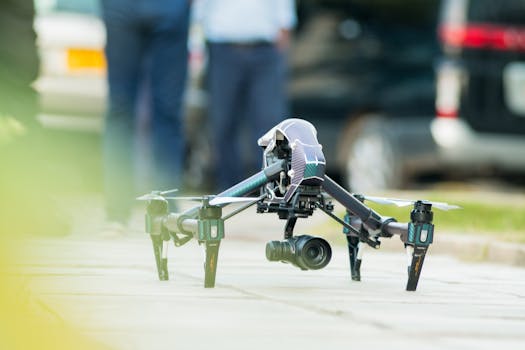
Advanced traffic management systems leveraging IoT (Internet of Things) technology are set to reshape urban environments in 2025. Sensor networks will monitor real-time traffic conditions, facilitating connections between vehicles and infrastructure — signaling lights will adapt to current traffic flow, and alerts will support distractions on the road. These innovations aim to reduce congestion, waiting times, and promote greener driving behaviors, allowing for a smoother commute experience.
4. The Rise of Flying Cars
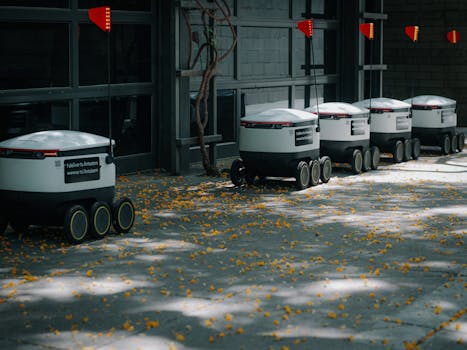
Perhaps the most astonishing transportation technology on the horizon for 2025 is the development of flying cars. As traditional automotive and aviation industries converge, several companies are actively testing prototypes that combine vertical takeoff and landing capabilities. These vehicles promise to alleviate road traffic, reduce transportation times drastically, and offer access to previously unreachable destinations. With execution regulations and safety protocols in place, flying cars have the potential to transform the complete transportation model.




